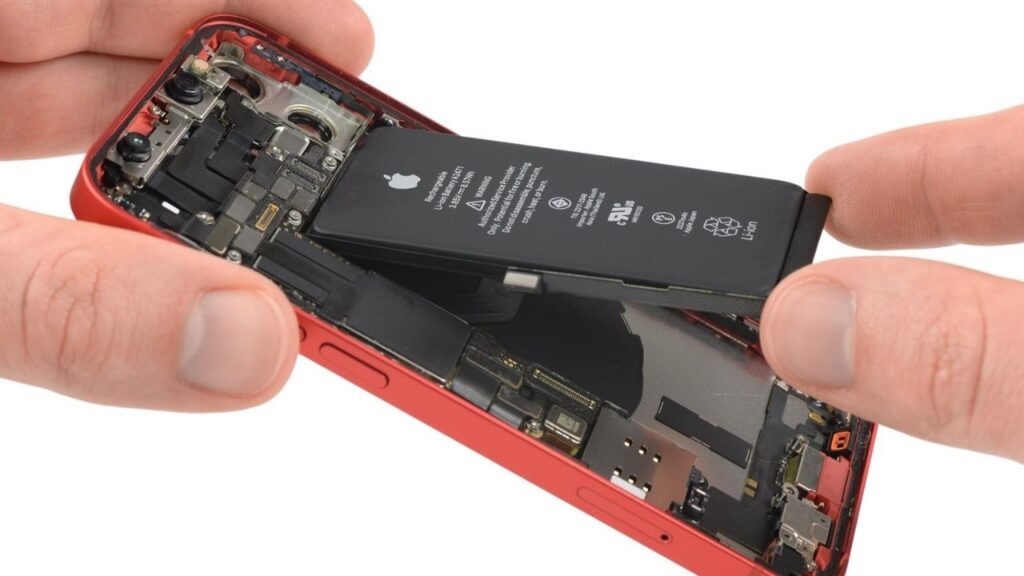In June 2023, the European Parliament made a groundbreaking decision set to transform the tech industry and our device interactions. With an overwhelming majority, they mandated that all consumer devices must feature easily replaceable batteries, championing environmental sustainability, the right to repair, and consumer options. This regulation will affect smartphones, tablets, laptops, e-bikes, and any device with rechargeable batteries.
The Changing Landscape of Batteries Design
Not long ago, Android smartphones commonly had user-replaceable batteries. Carrying a spare battery for quick power was common. However, the industry now prioritizes sleek designs with glass, glue, and metal, making easily replaceable batteries a thing of the past.
The EU’s Bold Move
The recent European Parliament vote signals a revolutionary shift in technology companies’ approach to battery design. The new regulation requires easily replaceable batteries without special tools, making adhesives, prevalent in modern smartphone construction, obsolete.
While the regulation originates in the EU, its effects will be felt globally. Manufacturers will need to adapt their products to comply with these new rules, potentially reshaping the industry on a worldwide scale. This regulation extends beyond smartphones, affecting tablets, laptops, e-bikes, and any other device with a rechargeable battery.

Challenges and Implications of Replaceable Batteries
The EU’s bold move poses challenges and opportunities for tech giants like Apple, Google, and Samsung. They must rethink design strategies, as the traditional adhesive-dependent glass sandwich design may become unviable. Foldable phones, a rising trend, face substantial hurdles in meeting these regulations.
This regulation is expected to have a global impact, leading manufacturers to adapt their products universally rather than creating EU-specific models. The transition won’t be immediate, with companies having until 2027 to comply. Apple, known for sealed batteries since the first iPhone, and Samsung, which stopped featuring removable batteries in flagship models in 2014, face significant adjustments.
Right to Repair Advocates and Environmental Considerations
For advocates of the right-to-repair movement, this regulation is a significant win. Notably, the right to repair encourages consumer goods to be easily repairable, thereby countering the prevailing trend of replacing devices rather than fixing them. Consequently, companies like Apple have faced criticism for making it challenging for third-party repair technicians to perform repairs with genuine parts. Fortunately, the EU’s regulation aims to address this issue comprehensively, making repairs more accessible and significantly reducing electronic waste.
The new law aims to benefit both consumers and the environment. It addresses the mounting issue of electronic waste, especially concerning batteries, by promoting a circular economy for batteries. This approach seeks to reduce the waste of battery raw materials across a product’s life cycle. The regulation includes provisions for battery collection and recycling, alongside targets for lithium recovery and recycling efficiency.

Conclusion
The EU’s move to require easily replaceable batteries in consumer devices signifies a major industry shift. While it challenges manufacturers and their global product designs, it aligns with broader goals of right-to-repair and environmental sustainability. This regulation’s impact extends beyond Europe, paving the way for a future where consumers gain greater device control, and battery technology’s environmental footprint shrinks substantially. To learn more about tech news, read more in our blog.


